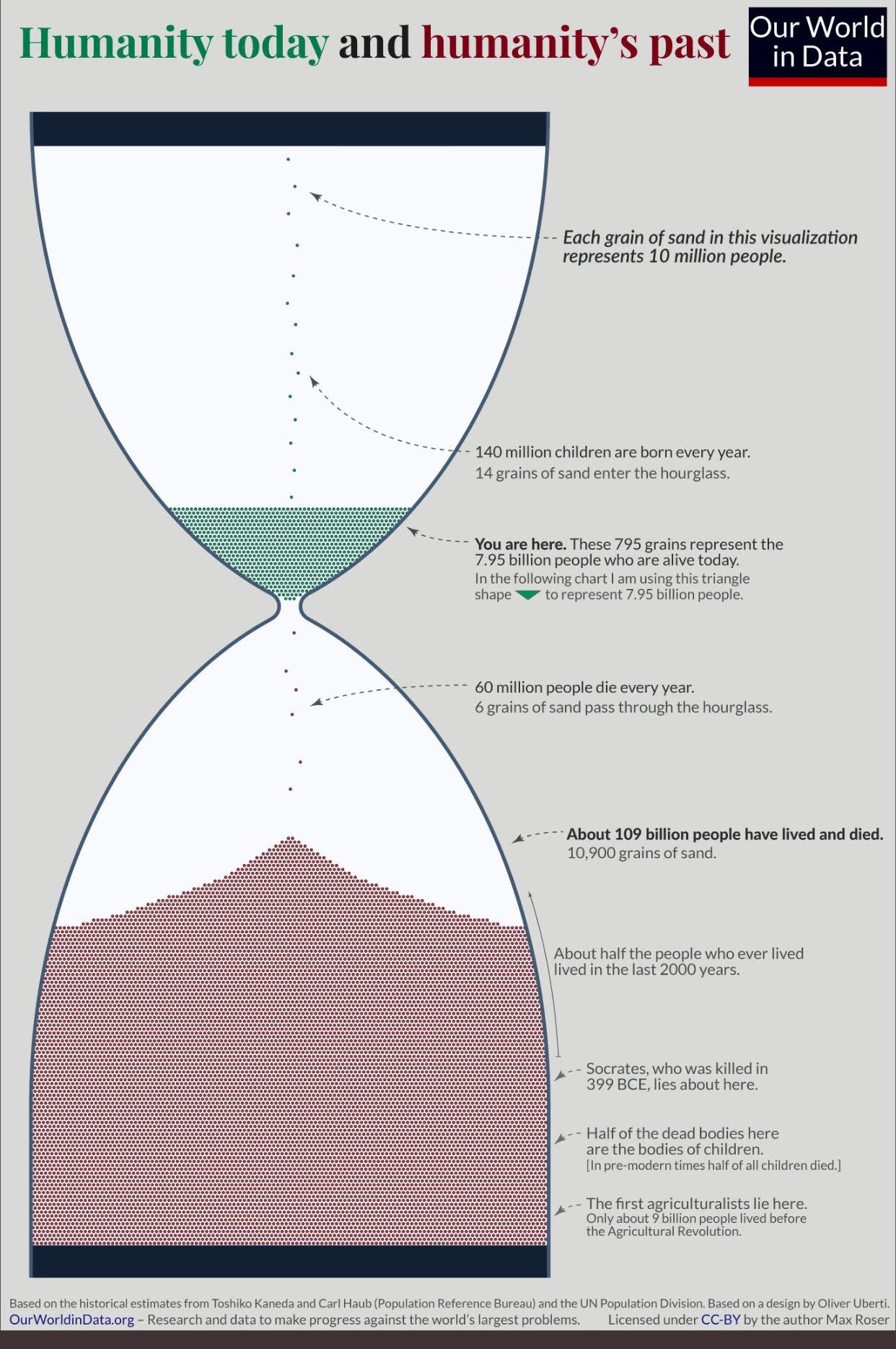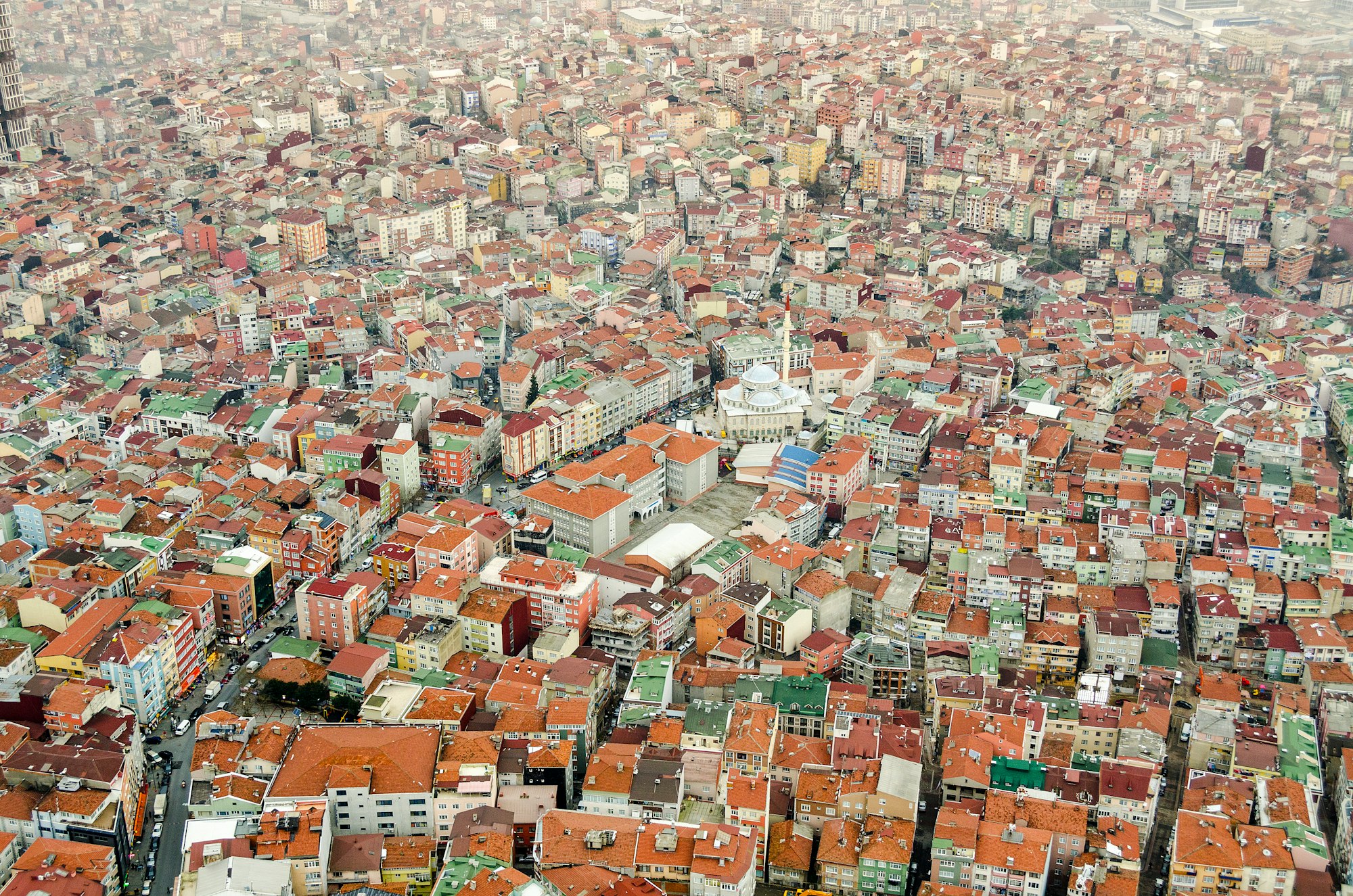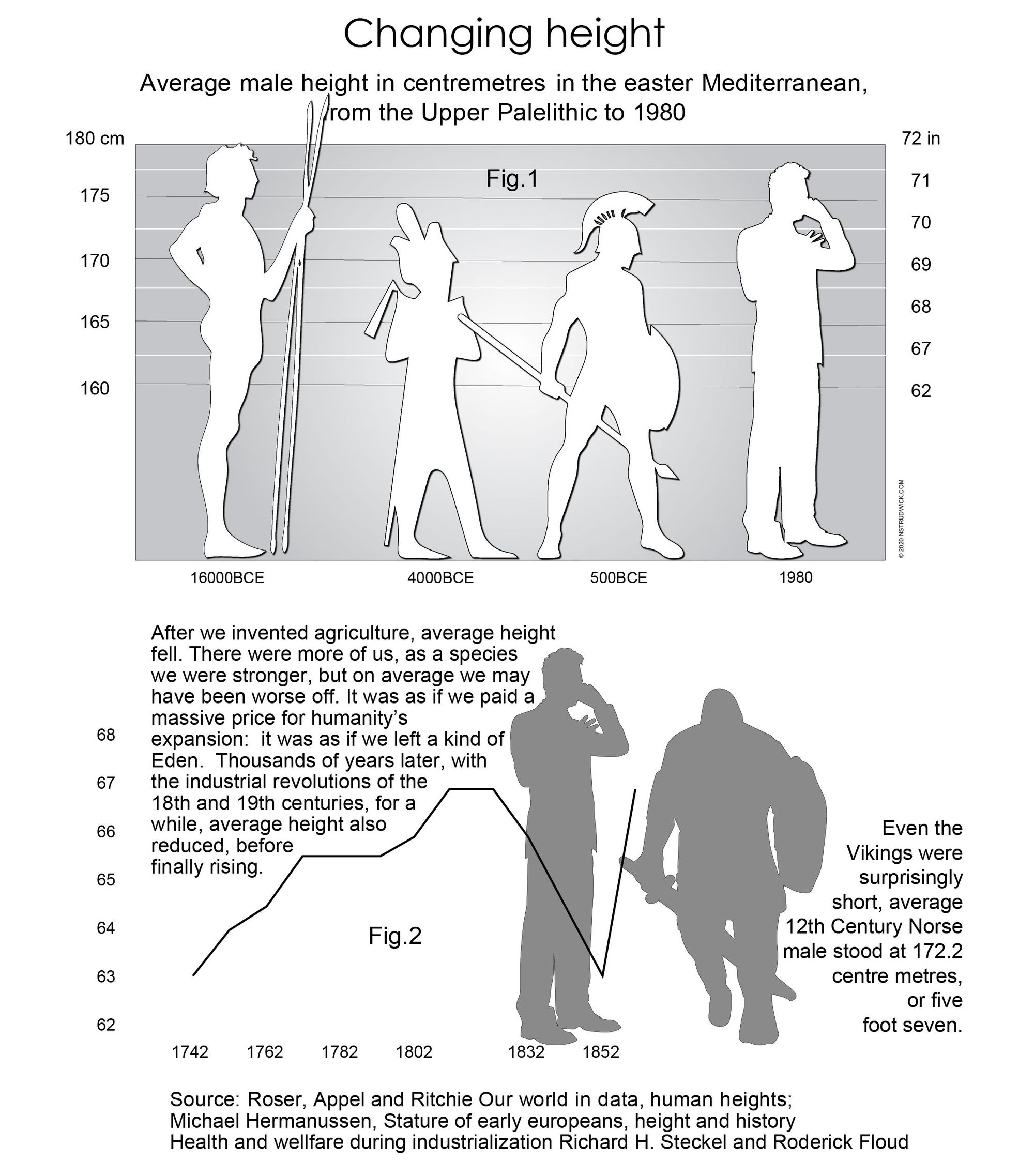There is a meme: more people are alive today than have ever died, but it isn't true. According to data from Our World in Data, 109 billion people have lived and died, but 7.9 billion people are alive today.
It is a stat worth bearing in mind. Population doom-mongers like to say we are heading for an overpopulation crisis, and some will even cite the incorrect data about more people being alive than dying. In fact, later this century, a falling population is likely to be a bigger problem.

And given the rate at which male fertility is falling, we might soon need to consider building massive sperm banks for posterity; otherwise, the 22nd century might be the century when the mass of humanity turns into a trickle and then ceases to be.
Here is another observation regarding the Our World in Data Information.
It seems that the world's current population roughly corresponds to the cumulative population of humanity before the invention of agriculture.

There is a view that while the invention of agriculture created a population boom that afforded agricultural societies a military advantage over hunter-gatherer communities, we were worse off on an individual basis.

Indeed, many of the diseases and debilitating conditions we are all too familiar with appeared to emerge after the invention of agriculture — such as rickets, which only showed up in the fossil record during Neolithic times, after the invention of agriculture. Indeed, average height, a proxy for diet quality during childhood, was undoubtedly higher before the invention of agriculture and even slightly higher than today.
What we can say is that agricultural communities are often extremely poor, and the medieval peasant lived a life of muddy hell.
Things got better with the industrial revolutions — sort of, but not straight away; average height fell in the first few decades of the 19th century in Britain — according to army records.

We are better off now, of course, but it does seem that when you look at the cumulative population of humanity since the invention of agriculture, most of that total were better off as hunter-gatherers.






Related News
Liz's poisoned chalice and the hint of hope
Sep 06, 2022
Cut profits to pay workers: does it make sense?
Jul 05, 2022
Is rationing the solution to the cost of living crisis?
May 30, 2022